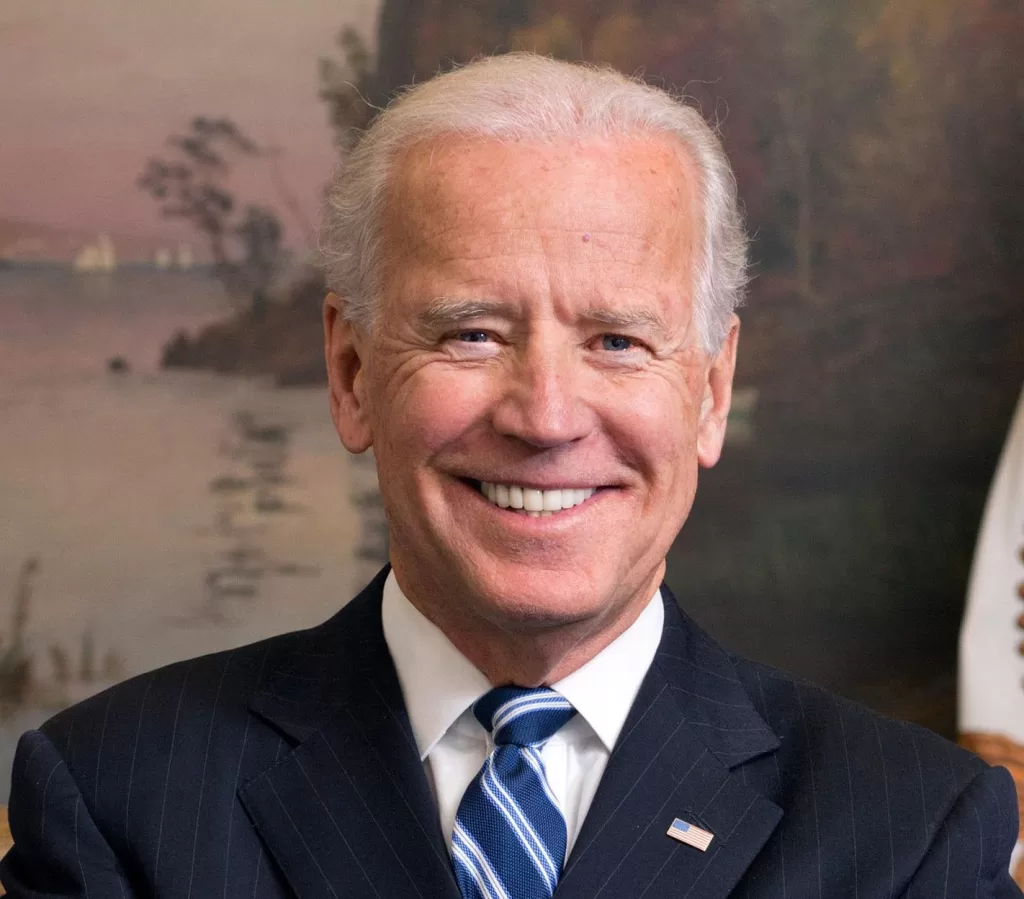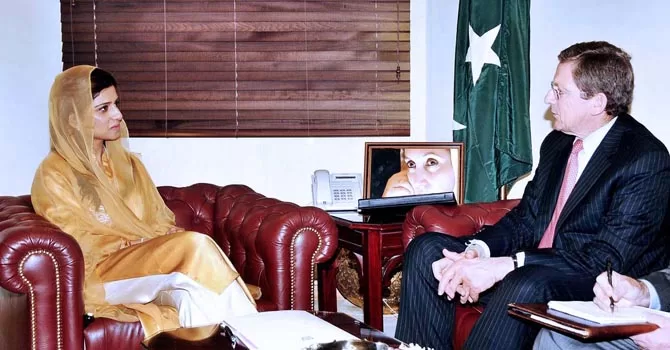While the people of Pakistan prayed for the early recovery of Malala Yousafzai, they were awe-struck by the frenzy created about the incident. Where people die in dozens each day as a result of terrorist attacks, singling out Malala for glorification was rather intriguing. Our media, especially its electronic component, gave a helping hand to those who wanted the campaign to go on; or maybe it sleep walked into the trap. A sense of proportion was lost; caution was thrown to the wind. It appeared as if a high-profile head of state had been critically attacked. The only other example of such hype was the Raymond Davis case. Remember – the national leadership fumbled in his case and had to face the humiliation of Abbottabad attack.
This time the Malala incident was being exploited to pressurise Pakistan to undertake military operation in North Waziristan. Once again, the national leadership was posturing to cede space and fall into the trap of initiating it. Hopefully, the strategic fiasco has been averted, at least for the time being. Our political government, which carries an unfortunate stigma of coming into power as an outcome of a deal underwritten by the US, appeared more than keen to improve its credentials with its mentor before the next elections.
Alas! The US Special Representative for Afghanistan and Pakistan, Marc Grossman, must have expected a unanimous parliamentary resolution in support of military operation prior to his arrival. Apparently, there is no military action in the offing in North Waziristan Agency, as national consensus does not exist and opinion is divided on political lines. Hence, a harmonious public view is unlikely to emerge.
The problem, however, is not with public opinion in Pakistan alone. As the American public’s disillusionment with fighting the war deepens, the precarious consensus in Congress and mainstream policy circles is also melting down. As a consequence, a peaceful Afghanistan may be a lost cause – at least in short to medium timeframe. In a recent editorial note, the New York Times has suggested: “It is time for the US forces to leave Afghanistan…….the US will not achieve even President Obama’s narrowing goals, and prolonging the war will only do more harm…….It is time for the US forces to leave Afghanistan” – now, not in 2014!

Vice President Joe Biden is quite clear in his view of Afghanistan policy: “America’s combat commitment to President Hamid Karzai’s government ends in 2014. We are leaving in 2014.” For him: “It is the responsibility of the Afghans to take care of their own security…….It’s their responsibility, not America’s.” Biden is of the opinion that withdrawal is not conditional. He argues that America’s core objective to oust the Taliban is “almost completed…….We’ve decimated al-Qaeda central. We have eliminated Osama bin Laden. That was our purpose.”
The Republican challengers face an even more daunting task, since they are determined not “to lose the gains we’ve gotten” in the fighting. “We want to make sure that the Taliban does not come back in and give al-Qaeda a safe haven…….that we give our commanders what they say they need to make it successful,” Vice Presidential candidate Paul Ryan affirmed. The top brass no longer talks of winning, but of leaving an Afghan force capable of withstanding the insurgency.
Mitt Romney does not have the option of directly confronting Barack Obama’s popular approach of disengagement. If Romney wins, he would inherit the conflict at the force level maintained by President Bush. Obama has already undone his sin of surge. Romney envisages continuation of the existing political dispensation in Kabul, free of Taliban influence, as a vital national interest, one that could justify continued military engagement. However, it is not clear as to how long the military presence in Afghanistan could succeed when Afghan public hostility to the foreign occupation is growing.
The Obama-Biden position indicates that their administration has no plans to leave a stay-behind force in Afghanistan after 2014 and is only paying lip service to this effect to keep things calm, while they hasten to withdraw. At the same time, Obama has dubiously kept the door open for a negotiated peace settlement with the Taliban. Romney’s view about continued prosecution of the Afghan war is reinforced by his obstinate opposition to negotiations with the Taliban insurgency leadership. This means a Romney Administration has only a single option: a continued Afghan war between the Kabul coalition and its Taliban opponents.
Some analysts believe that a US withdrawal without stabilising Afghanistan will plunge the country into a civil war. However, the other viewpoint is: America’s presence itself is contributing to instability; and it is in no position to stabilise Afghanistan; whenever the occupation forces leave, Afghanistan will invariably go through another round of civil war; and, the longer the foreign forces stay the greater would be the intensity of the civil war.
Hardly a month passes by when someone important in Western capitals does not lower the bar on attainment of war aims in Afghanistan. A few days ago, Nato’s Secretary General hinted that a retreat from Afghanistan could come sooner than expected in 2014. This is a ‘generous’ climb down from Nato’s earlier stance of “conditions on the ground dictating the pace of withdrawal from Afghanistan.”
Being son of the soil, President Karzai is convinced that the Taliban cannot be defeated. He wants a quick reconciliation with them. In his desperation, Karzai continues jockeying between the two extremes of calling Pakistan a special friend and declaring it an adversary.
The Afghan army is so plagued with desertions that it has to replace a third of its entire force every year. That implies that a third of the army perpetually consists of first year recruits fresh from a three months’ nominal military training formality. And tens of thousands of men with military training are put at loose ends each year. They are inducted into an environment endemic with militants, who have ample of military equipment to rearm these deserters as their comrades at arms. The Afghan deserters complain of corruption among their officers, poor food and equipment, indifferent medical care, Taliban intimidation of their families and, probably most troublingly, a lack of faith in the army’s ability to fight the insurgents after the American military withdraws.
Some analysts believe that a US withdrawal without stabilising Afghanistan will plunge the country into a civil war. However, the other viewpoint is: America’s presence itself is contributing to instability; and it is in no position to stabilise Afghanistan; whenever the occupation forces leave, Afghanistan will invariably go through another round of civil war
The Afghan army commanders complain of lack of adequate capability and capacity; they fear that the Taliban will eventually gain ground. The attacks on Afghan military have dwindled because the army has refused to patrol far out of their bases, even though the Taliban presence in such areas has increased. The devastating spate of recent “green on blue” attacks (or “insider killings”), has been the last straw to sap the Isaf’s morale.
Pakistan has faced a set of overlapping crises in the past several decades due to its location at geopolitical crossroads. In addition to unrelenting hegemonic aspirations of India, Pakistan has had to deal with the spill over of major conflicts in Afghanistan.
Moreover, it has been the chief victim of terrorism. Pakistan has suffered more than 10,000 military casualties while fighting terror. Even the ISI has suffered 350 deaths, a higher toll than the CIA has suffered in its entire history.
Under these murky circumstances, when there is lack of clarity about the way forward for resolving the Afghan conflict, Pakistan needs to follow a cautious approach than becoming over enthusiast to jump into the North Waziristan fire.




